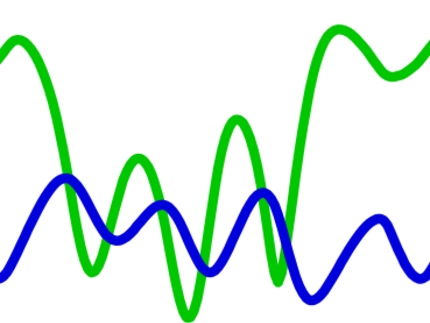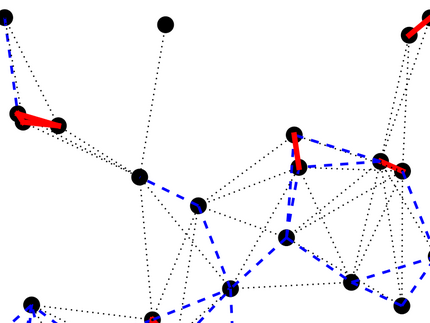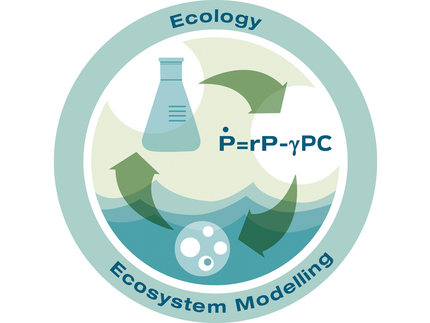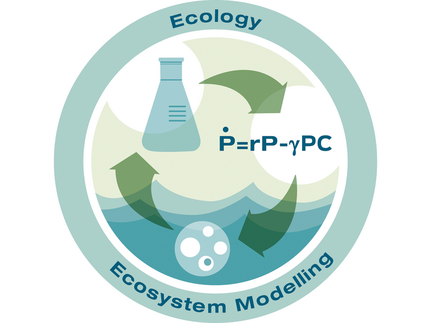Research Topics
Flexibility matters: Interplay between trait diversity and ecological dynamics using plankton communities as model systems.
Diversity in functional traits enables populations and communities to adapt to changing environmental conditions. This influences their biomass dynamics and leads to eco-evolutionary or biomass-trait feedbacks. We study these processes in predator-prey systems by combining mathematical modelling with chemostat experiments and long-term data analysis.
Structure, stability and functioning of food webs
We use numerical simulations of complex food webs to investigate the effects of ontogenetic changes (e.g. growth in body size, niche shifts) of individuals or the dispersal of populations over a spatial network of habitat patches on biodiversity and ecosystem functioning.
Movement, dispersal, local adaptation and meta-communities
We study movement and dispersal on various spatial scales in order to elucidate their effect on coexistence and caommunity assembly. As study organisms we have chosen zooplankton (rotifers and cladocerans). On a small scale, we study the individual movement behaviour of the rotifer Brachionus calyciflorus and on a larger, regional scale we study the community structure of a zooplankton meta-community.
Invasion biology
We are interested in the underlying mechanisms for the invasion success of cyanobacteria in phytoplankton communities. Therefore, we apply laboratory microcosm experiments to investigate under different scenarios, e.g. predation or competition dominated systems, the role of the genetic identity and genetic composition on the invasion success of the invasive cyanobacterium Raphidiopsis raciborskii.




